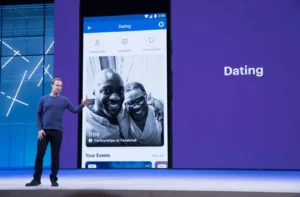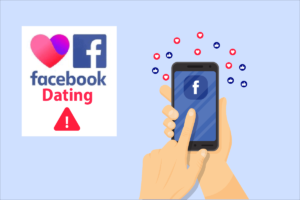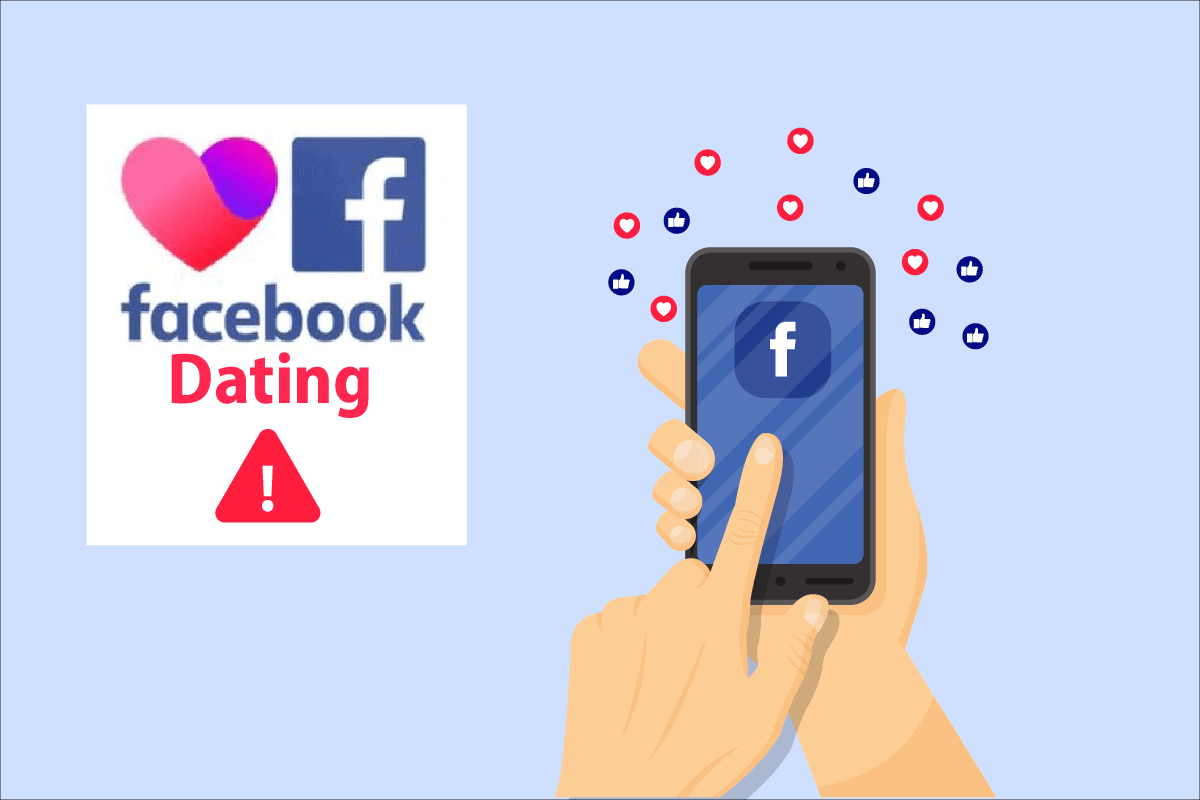Introduction: Why Rejection in Dating Feels So Personal
Let’s be honest—few things sting as much as rejection in dating. Whether it’s someone not calling you back after a great first date, or a relationship ending when you thought it was going somewhere, rejection can hit hard. And if you’re not careful, it can shake your self-esteem.
But here’s the good news: rejection doesn’t have to damage your confidence. In fact, if you approach it the right way, rejection can make you stronger, wiser, and more attractive in the long run. I’ve been coaching singles for over ten years, and I’ve seen people transform their dating lives simply by learning how to handle rejection differently.
In this article, I’ll walk you through practical ways to handle rejection in dating without losing confidence, share some personal experiences, and give you strategies you can use immediately. By the end, you’ll see rejection not as a dead-end but as a stepping stone to finding the right connection.
1. Reframe What Rejection Really Means
The first step to handling rejection in dating is changing how you see it. Most people interpret rejection as “I’m not good enough”. But that’s rarely the case.
Think of dating like trying on shoes. You might try ten pairs before finding the one that fits just right. If a shoe doesn’t fit, does that mean the shoe is bad? Of course not—it just means it wasn’t your size. Dating works the same way.
One of my clients, Michael, once told me, “Every time I get rejected, it feels like I’ve failed.” I asked him to flip the perspective: instead of focusing on what didn’t work, focus on the fact that the other person wasn’t a match. Within months, he went from being discouraged to feeling excited about the process—because each “no” simply brought him closer to a genuine “yes.”
When you reframe rejection, you stop seeing it as a verdict on your worth and start seeing it as part of the journey.
2. Don’t Take It Personally
Easier said than done, right? But here’s the truth: most rejection has little to do with you personally.
Maybe they’re still healing from a past relationship. Maybe they’re not looking for the same kind of commitment. Maybe the timing just isn’t right.
I remember going on a few dates with someone years ago who seemed interested, then suddenly stopped replying. At first, I thought I had done something wrong. Later, I found out they had gotten back together with an ex. It had nothing to do with me.
The mistake many daters make is assuming every rejection equals “I’m not attractive enough” or “I’m not interesting enough.” That’s almost never the truth. People’s choices reflect their own situation, preferences, and priorities—not your entire worth.
When you stop taking rejection personally, you protect your confidence from unnecessary damage.

3. Give Yourself Permission to Feel Disappointed
Confidence doesn’t mean pretending rejection doesn’t hurt. It does. And suppressing that hurt can backfire.
Instead, give yourself permission to feel the disappointment—but put a healthy time limit on it. Maybe you let yourself feel down for a day, talk it out with a close friend, or write your thoughts in a journal. Then, you commit to moving forward.
I often recommend what I call the 24-hour rule: allow yourself 24 hours to process the rejection, feel sad, vent if you need to, and then shift your focus to something uplifting. It might be a workout, a night out with friends, or diving into a hobby you enjoy.
This approach keeps you emotionally healthy and prevents rejection from spiraling into long-term self-doubt.
4. Focus on Self-Compassion Instead of Self-Criticism
One of the fastest ways to lose confidence after rejection is to beat yourself up with thoughts like:
-
“I shouldn’t have said that on the date.”
-
“I’ll never meet someone.”
-
“I’m just not attractive enough.”
But think about it—would you ever talk to a good friend that way after they experienced rejection? Probably not. So why do it to yourself?
When I coach clients, I encourage them to practice self-compassion. That means speaking to yourself with kindness, just like you would to someone you care about. You can even create a simple mantra to remind yourself:
-
“This wasn’t my person, but I’m still worthy of love.”
-
“Rejection is part of dating, not a definition of me.”
Over time, this mindset rewires how you process rejection and strengthens your confidence.
5. Keep Dating in Perspective
One of the biggest mistakes I see is when people let dating define their entire self-worth. Yes, relationships are important. But they are not the only measure of who you are.
When you build a full, balanced life—career, hobbies, friendships, health—you’re less likely to let a single rejection rock your confidence. You’ll see it as just one small piece of your larger story.
I once worked with a woman named Sarah who was so focused on dating that every rejection felt devastating. When she started investing more time in fitness and joining a photography group, not only did she feel happier, but she also became more confident on dates. Why? Because her sense of value no longer rested on whether someone else liked her.
A well-rounded life is your best shield against the sting of rejection.

6. Learn from the Experience (Without Overanalyzing)
Rejection can be a teacher if you approach it the right way. Sometimes, it highlights areas for growth.
For example, if multiple people mention you seem distracted on dates, maybe that’s worth reflecting on. If someone says they didn’t feel a spark, that doesn’t mean you need to change—it just means the chemistry wasn’t there.
The key is balance: learn what you can without overanalyzing every detail. Obsessing over what you “did wrong” only feeds insecurity. Instead, ask yourself:
-
Did I show up authentically?
-
Did I communicate what I’m looking for?
-
Is there something I’d like to do differently next time?
Then, take one lesson and apply it moving forward. That way, every rejection makes you a little stronger and wiser.

7. Keep a Growth-Oriented Dating Mindset
Here’s the truth: rejection in dating is unavoidable. Nobody connects with everyone. Even the most confident, attractive people experience rejection.
What separates those who thrive from those who give up is mindset. If you see dating as a growth process, rejection becomes part of the journey, not the end of it.
I like to compare it to sales. A good salesperson knows they’ll hear a lot of “no’s” before getting a “yes.” They don’t quit after one rejection. They see it as part of the process. Dating works the same way.
When you keep a growth mindset, you’ll not only handle rejection better—you’ll actually grow more confident with each experience.
Conclusion: Turning Rejection Into Resilience
Rejection in dating is never fun, but it doesn’t have to destroy your confidence. By reframing what rejection means, not taking it personally, allowing yourself to feel, practicing self-compassion, keeping perspective, learning from experiences, and staying growth-oriented, you can protect your self-esteem and even come out stronger.
Remember: rejection is not proof you’re unworthy—it’s proof you’re putting yourself out there. And that’s exactly what leads to finding a real, lasting connection.
If you’re struggling with dating confidence, check out my other guides on How to Create a Dating Profile That Attracts High-Quality Matches and How to Turn a First Date Into a Second Date Successfully. They’ll give you more tools to move forward with confidence and clarity.
FAQs
1. How can I stop overthinking after being rejected?
Give yourself a set time to process the rejection—like the 24-hour rule—then shift your focus to activities that make you feel good. This prevents your mind from looping on “what went wrong.”
2. How many rejections are normal in dating?
Rejection is part of the process for everyone. Some people may go on 10–15 dates before finding someone compatible. The important part is not the number but your ability to stay confident through the process.
3. Does rejection mean I’ll never find the right person?
Not at all. Rejection just means that particular connection wasn’t right. Each experience helps you get clearer about what you want and brings you closer to someone who’s truly compatible.
